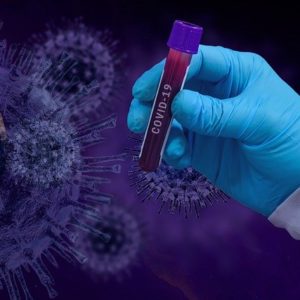Kee Kim, M.D., Principal Investigator at this site, performed the fourth-ever Neuro-Spinal Scaffold implantation approximately 53 hours after the injury occurred.
Mark Perrin, InVivo’s CEO and Chairman, said, "We continue to make meaningful progress in our ongoing clinical trial. With the fourth patient successfully enrolled, we look forward to enrolling the fifth and final patient in our pilot study and preparing for our pivotal probable benefit study."
This is the company’s first clinical study of its investigational degradable polymer Neuro-Spinal Scaffold. The Investigational Device Exemption (IDE) pilot study has been approved by the FDA and is intended to capture preliminary safety and effectiveness data of the Neuro-Spinal Scaffold in five subjects with acute thoracic spinal cord injury.
Following the pilot trial, InVivo expects to conduct a pivotal study to obtain FDA approval to commence commercialization under a Humanitarian Device Exemption (HDE).
Following an acute spinal cord injury, the biodegradable Neuro-Spinal Scaffold is surgically implanted at the epicenter of the wound and is designed to act as a physical substrate for nerve sprouting.
Appositional healing to spare spinal cord tissue, decreased post-traumatic cyst formation, and decreased spinal cord tissue pressure have been demonstrated in preclinical models of spinal cord contusion injury.
The Neuro-Spinal Scaffold, an investigational device, has received a Humanitarian Use Device (HUD) designation and is currently being studied in an Investigational Device Exemption (IDE) pilot study for the treatment of patients with complete (AIS A) traumatic acute spinal cord injury.





